Raytheon, part of RTX, has been awarded two Mentor-Protégé agreements by the Department of the Navy Office of Small Business Programs to help advance operational Artificial Intelligence (AI) for the U.S. Department of Defense, according to a company press release.
The initiatives, supported by NAVAIR and the Office of Naval Research, aim to integrate AI into defence systems to improve decision-making capabilities.
Over the next three years, Raytheon will collaborate with two small businesses, Anacapa Micro Products, Inc. and Nara Logics, Inc., focusing on system design, software architecture, and systems integration, as well as addressing IT security and compliance requirements.
The partnership is part of the Department of Defense’s Mentor-Protégé Programme, which has been running since 1990 to foster collaboration between larger defence contractors and smaller businesses.
Colin Whelan, president of Advanced Technology at Raytheon, described the programme as crucial for integrating innovations from small businesses into broader defence strategies. “The Mentor Protégé Programme is an essential element of our overall supplier diversity small business strategy,” Whelan stated in a press release. According to the company, these collaborations could bring commercial innovations into military applications, potentially improving defence capabilities.
Raytheon, which has been involved in the Mentor-Protégé Programme since 1991, says that these agreements will help develop AI-driven autonomous capabilities to improve military decision-making.



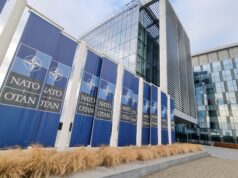
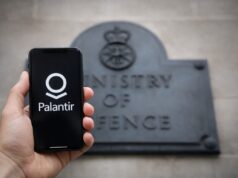

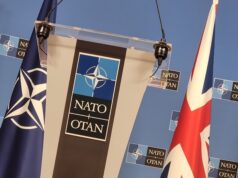
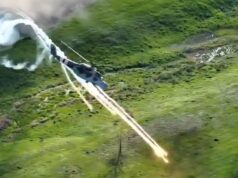
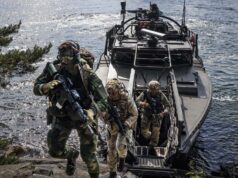
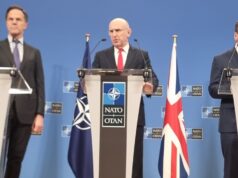
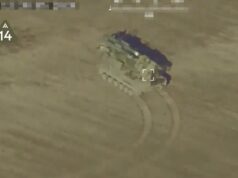

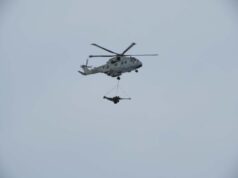

Hmmm…perhaps additional evidence that AUKUS Pillar II is alive and indeed flourishing? 🤔
This is all giving me a serious case of deja vu. Back in the early 1980s there was a previous wave of AI-in-defence sweeping across the UK (and I’m sure elsewhere). In the first first years after finishing my comp sci degree I worked on a couple of AI-related defence projects and quite a few of my friends at the time were also working on MoD-funded AI work. Some of the major UK software houses at the time were making a significant amount of their revenue from defence-related projects.
Of course the definition of “AI” has always been stretched a bit, then even more so than now. The two projects I worked on were essentially optimisation problems, one in the naval domain and the other at the land-air interface, and I was about to move onto an expert-system related project for augmenting maintenance capabilities (that subsequently went nowhere). Expert systems might well qualify as the area of 1980s AI where there was the biggest gap between hype and results.
Anyway, after spending the first few years of my career so totally immersed in applying what was then being termed “AI” to defence applications it is somewhat nostalgic to see it all being replayed 40+ years later albeit with way more sophisticated technology available to us now.
Cynical me says more gravy train for the MIC.